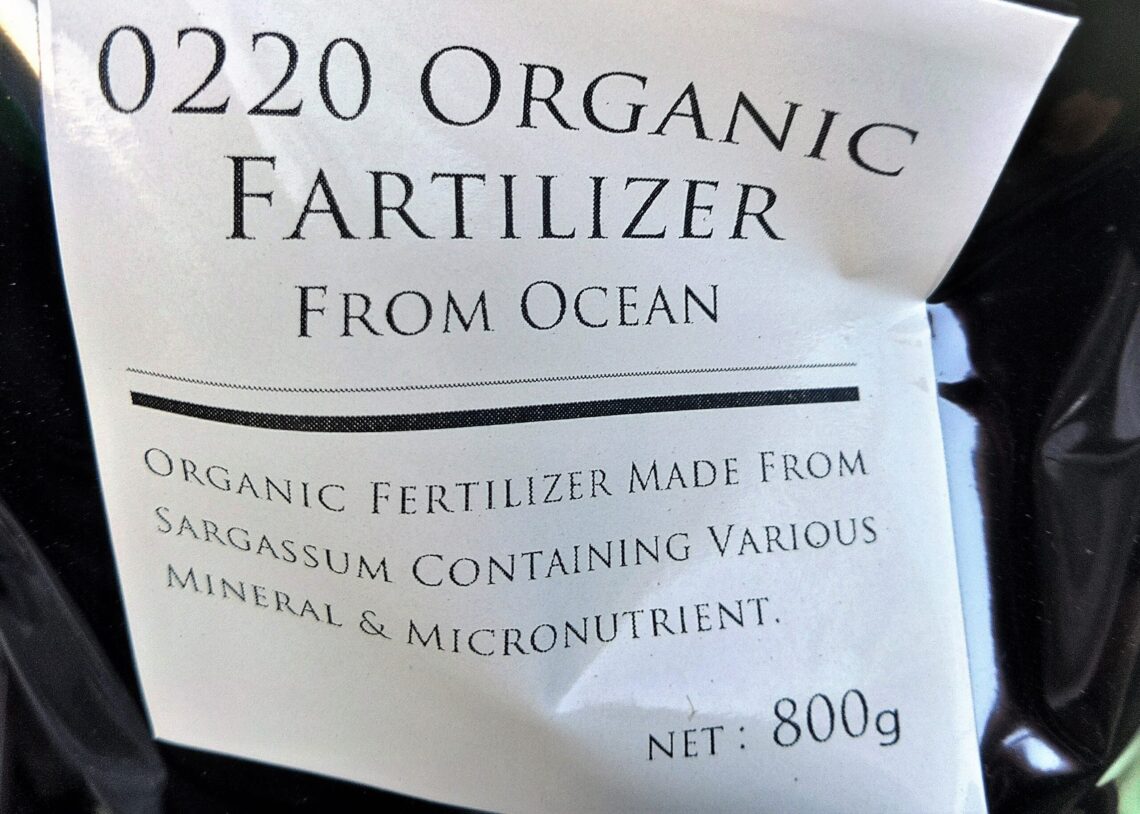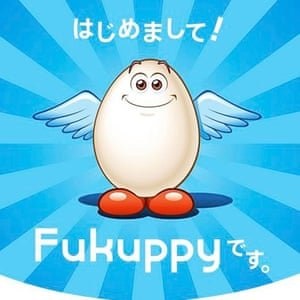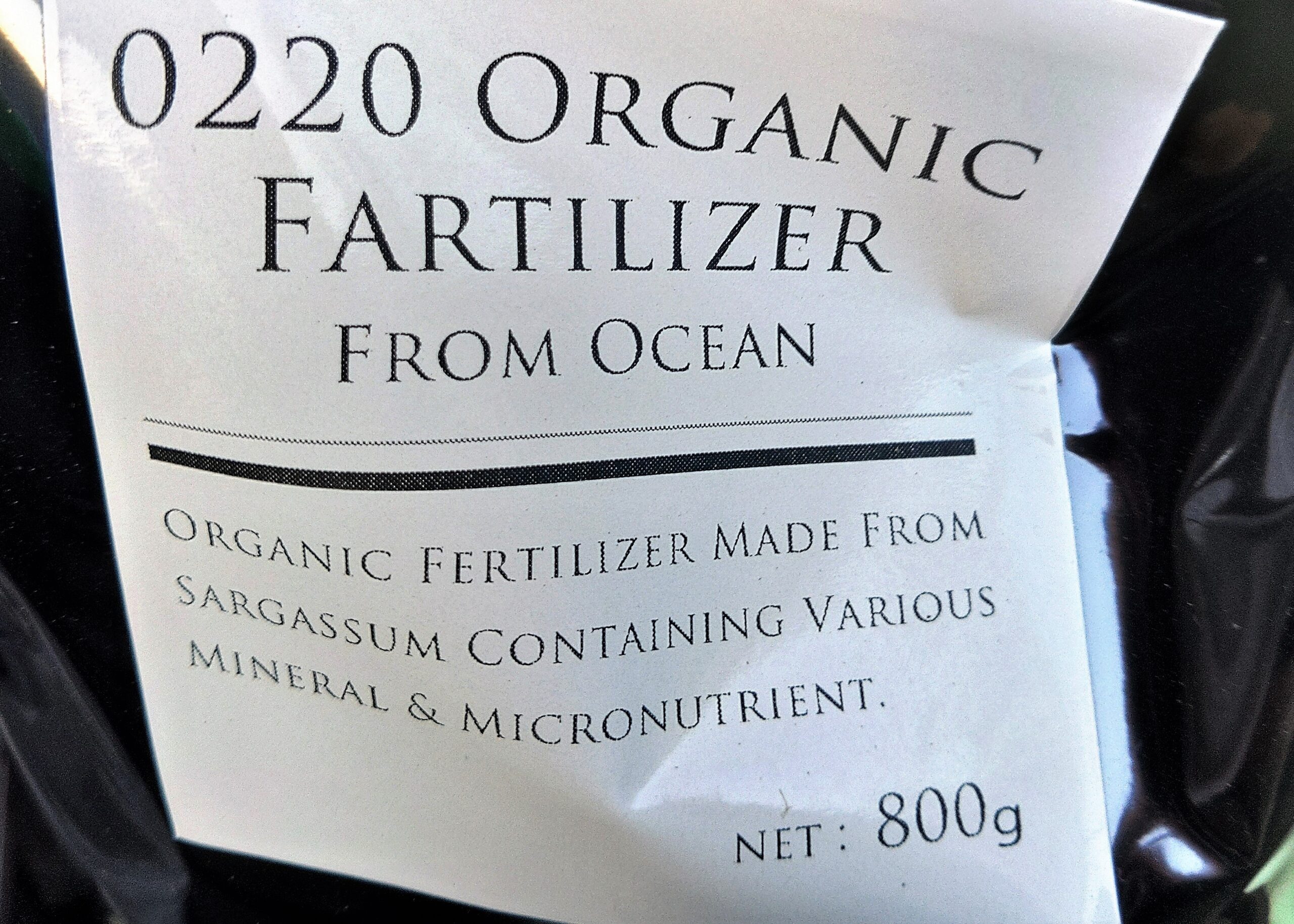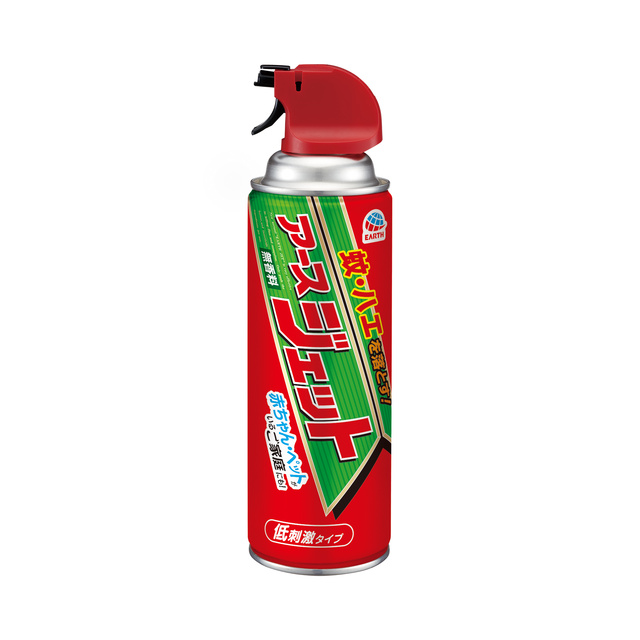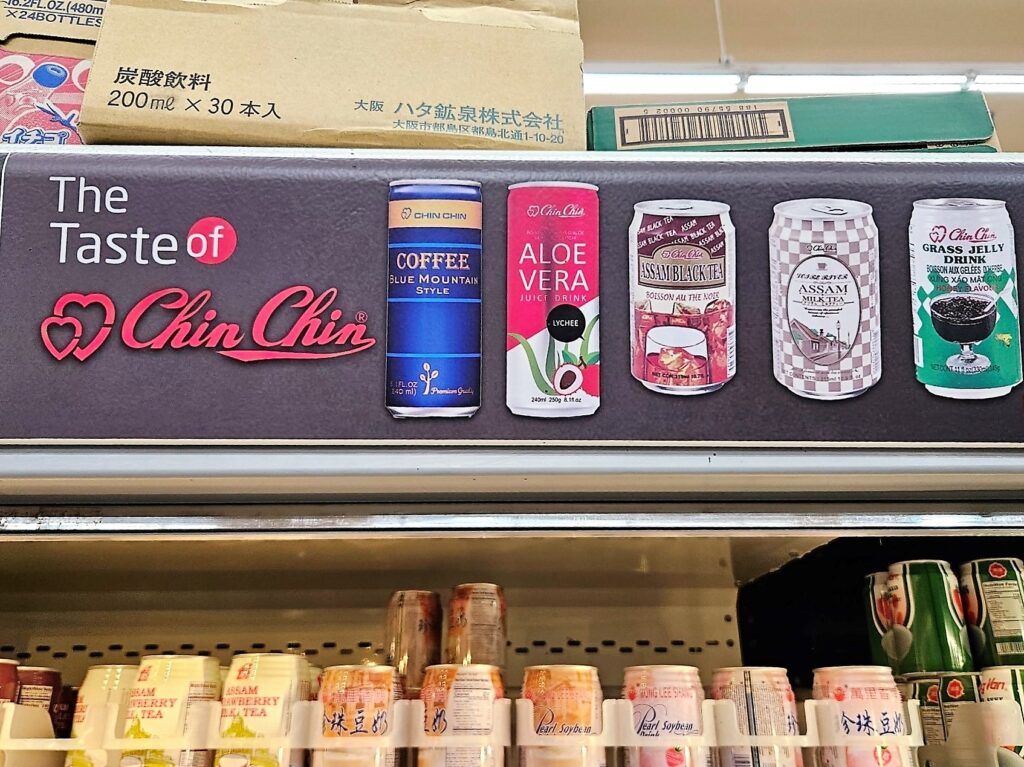
Many foreigners guffaw at the frequent mangling of English that some Japanese can achieve and there’re plenty of websites and the like dedicated to highlighting these flaws, but they should note that this can go both ways.
Perhaps a tad of extra time and consultation could have gone into the names of some of these products or places.
Fukuppy was probably not the best name to give a character intended to promote a company called Fukushima Industries, especially as for most of the world, the company name evoked images of one of the worst nuclear reactor accidents in history.
Fukuppy, or at least a phrase remarkably close to that, is something often seen when non-native speakers get stuck into English.
Some close-to-home examples for me include treating my garden with fartlizer, which Mrs. Kangaeroo could attest that I am more than apt at carrying out should methane work for the garden but fertilizer is more effective in helping the garden.
And wankomania sounds enticing enough to pull in the customers, but rather than tugging on anything, this establishment in my neighborhood sells accessories for dog owners.
The need for slightly more care, or perhaps drawing on for inspiration, in English terms can extend even to those terms that don’t get out of katakana, the Japanese language script often reserved for use with foreign loan words as examples of wasei eigo, or Japanese-created English.
Shatto, the same pronunciation as shat, seems like an absolutely perfect name for a toilet deodorizer.
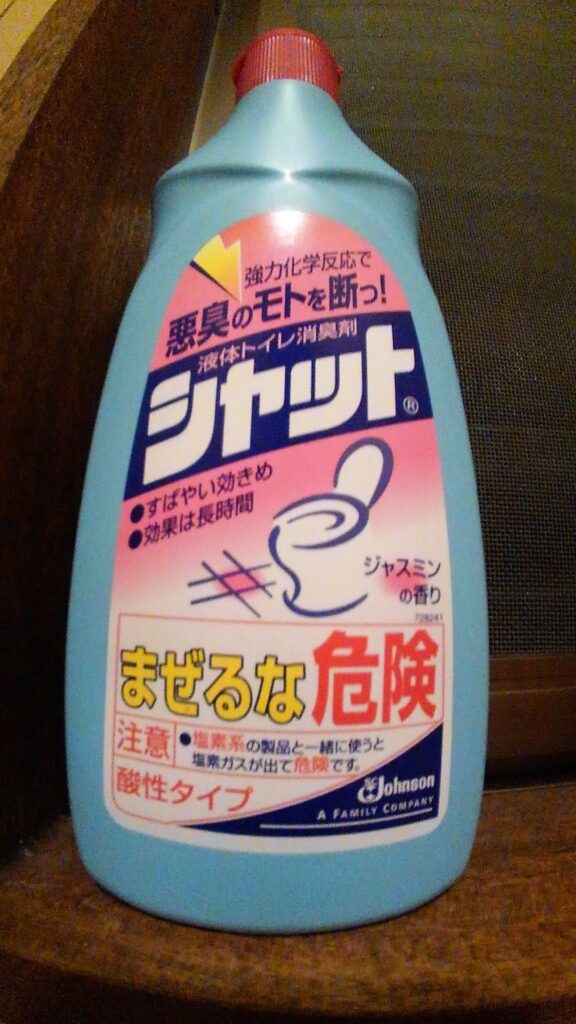
But it doesn’t always work so well. Take aasujetto, which is pronounced arse jet, and though it may seem to be a kind of fartilizer, it’s actually Earth Jet, an environmentally friendly spray pesticide from Earth Corporation and a katakana version of Earth (to denote the allegedly limited impact on our planet) and jet (for the spray).
And I’m pretty sure that potato chip giant Calbee had no intention of generating snickers when it came up with a cock cheese flavor, which Japanese speakers would be able to point out was actually koku chiizu named for the deep cheesy taste of the snack.
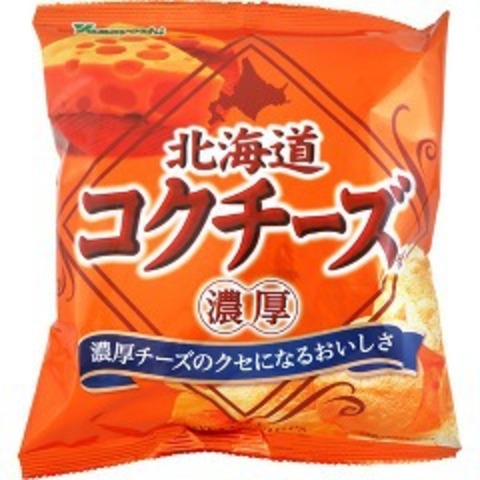
And just when it looks like I might be getting a bit condescending, I’d like to point out that non-Japanese speakers are just as terrible at mismanaging nihongo at times, often with some gobsmacking results.
Take the popular German game, Mankomania, which probably can’t be brought up in proper company in Japan.
And this advertisement for drinks would be unlikely get away with its copy if translated directly into the native language of its Japanese target audience.
